US, Israel ink declaration following Biden’s threat to use military force against Iran
The United States and Israel have signed a joint strategic declaration, repeating accusations against Iran and promising to confront the country’s nuclear program a few days after US President Joe Biden threatened Tehran with a military attack.
In a statement signed by Biden and caretaker Israeli prime minister Lapid on Thursday, Washington promised to continue supporting Israel’s military capabilities in the region while also making threats against Iran.
The document, called the Jerusalem US-Israel Strategic Partnership Joint Declaration, underlines Washington's "commitment never to allow Iran to acquire a nuclear weapon” while making use of “all elements of its national power to ensure that outcome.”
The allegations against Iran’s nuclear program come as Tehran has reiterated that the program is for purely peaceful purposes and that it has no intention of developing nuclear weapons.
Leader of the Islamic Revolution Ayatollah Seyyed Ali Khamenei has even issued a fatwa (religious decree) declaring that the acquisition, development, and use of nuclear weapons violate Islamic principles and are therefore forbidden.
The new declaration comes as Biden said he would be willing to use force to counter Iran’s nuclear program as a “last resort.”
His comments, broadcast Wednesday, came in an interview with Israel's Channel 12 taped before he left Washington. Asked about using military force against Iran, Biden said, “If that was the last resort, yes.”
Biden has used every opportunity to back the Israeli regime, making Israeli caretaker PM Yair Lapid laud the US president as a “great Zionist” and one “of the best friends Israel has ever known.”
“You once defined yourself as a Zionist. You said that you don’t have to be a Jew to be a Zionist, and you were right. And in your case, a great Zionist,” Lapid said.
Observers believe that the unconditional support of the US for Israel, as the only regime that openly threatens Iran with military aggression, can further embolden the Zionists.
In 2015, Iran signed a nuclear agreement – called the Joint Comprehensive Plan of Action (JCPOA) – with six world powers to reassure the world of the peaceful nature of its nuclear program. However, the deal was scrapped by former US president Donald Trump in favor of a “maximum pressure” campaign against the Islamic Republic.
Although praised as a positive step and a great diplomatic achievement by much of the international community, the JCPOA was attacked in particular by Israel despite the fact that the regime is continuing its secret nuclear program without UN nuclear watchdog’s inspections.
Iran has reduced commitments under the JCPOA as a response to the violation of the agreement by the American side, noting that all its remedial measures, which are taken with pre-announcements, are reversible as soon as the illegal sanctions against the country are removed.
Talks between Iran and the remaining signatories to the deal to remove the sanctions began in April 2021 in Vienna, but were stalled because of Washington’s indecisiveness and failure to offer a guarantee for Iran’s ability to reap all the economic benefits of the deal.
Arab-Israeli security alliance
The new declaration has been signed as Biden is making his first visit to the West Asian region. Earlier reports indicated that one of Biden’s agendas on this trip is to create a military alliance between the Israeli regime and a number of Arab states to counter what they called Iranian threats.
This is while a number of Arab countries in the region, including Iraq, Qatar, and Kuwait, have expressed their opposition to such a plan.
Iranian officials have repeatedly warned some regional countries about providing foothold to Israel, naming the destabilizing activities of the regime as the main source of insecurity in the region.
Meanwhile, Iranian Foreign Ministry spokesman Nasser Kan’ani stressed last week that the increased US presence in the region will only foment insecurity and help spread terrorism.
“Any measure to pave the way for the increased presence and role of the United States in regional security mechanism will have no other outcome but insecurity, instability, and spread of terrorism across the region,” he said.
He added that the plan to establish a so-called joint air defense system was provocative and “the Islamic Republic of Iran considers it a threat to its own national security as well as the regional security.”
"The US comes up with such ideas without having a correct understanding of the region’s realities, and only with the purpose of fueling Iranophobia and creating division among the regional countries," said the official.
Spain jurists demand ties with Israel ties be cut
VIDEO | Press TV's news headlines
VIDEO | Iran honors top Science Olympiad medalists
VIDEO | Austrians arrested at Gaza protest in Vienna
10 killed in bus crash in western Iran
VIDEO | One-man-band journalism with Civili
5 Israeli forces killed as Palestinian fighters face up to regime’s war machine
VIDEO | An insider's view of the country: Persian Tahini, Royan in Mazandaran


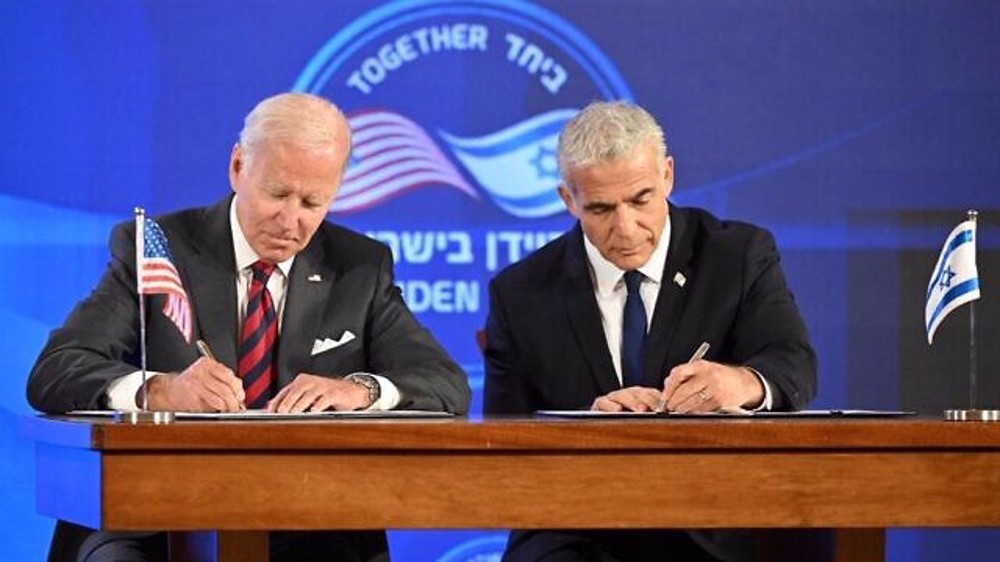
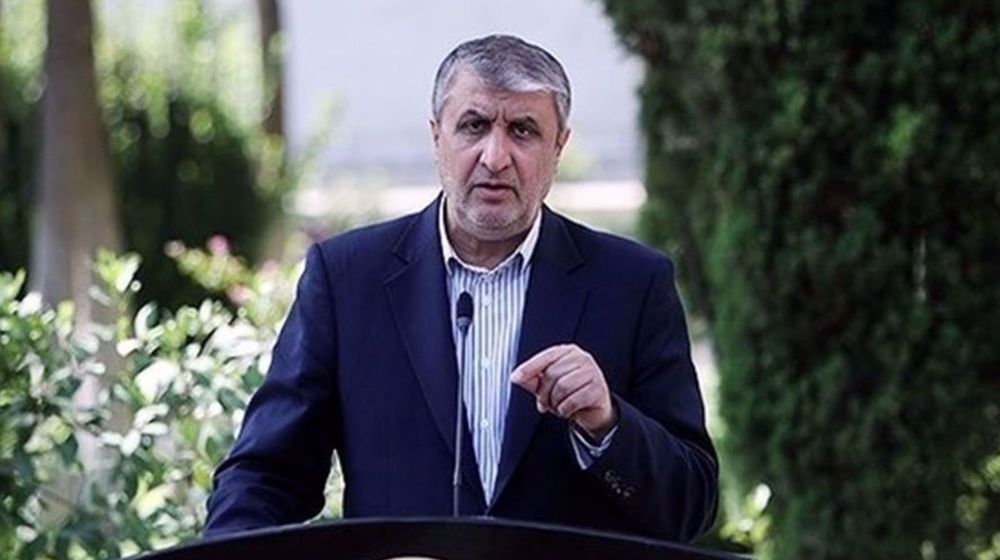
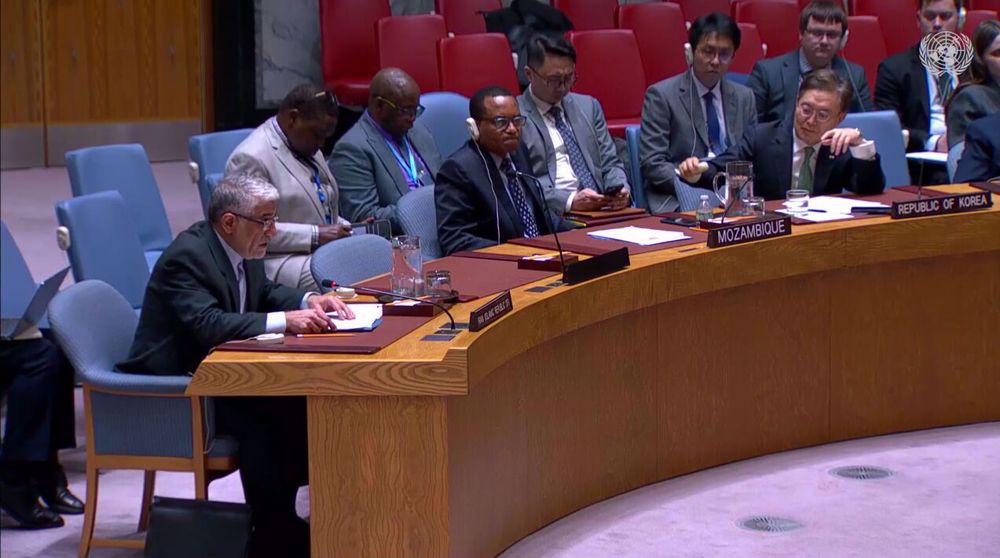
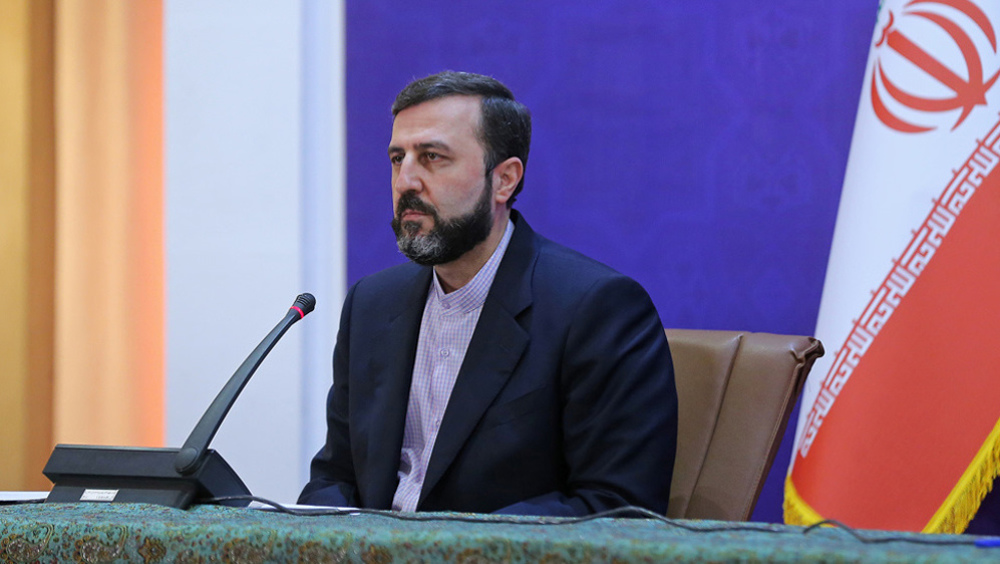



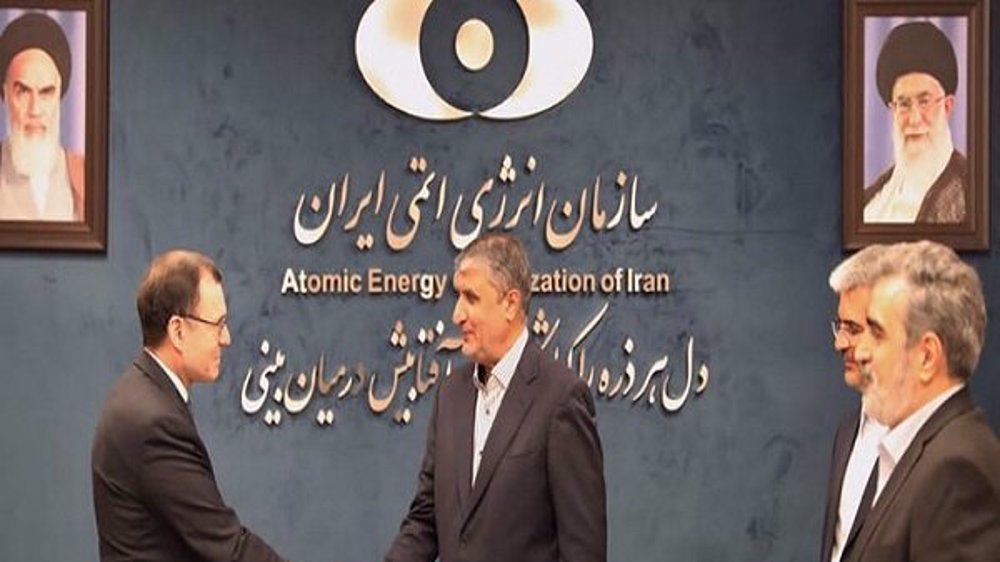
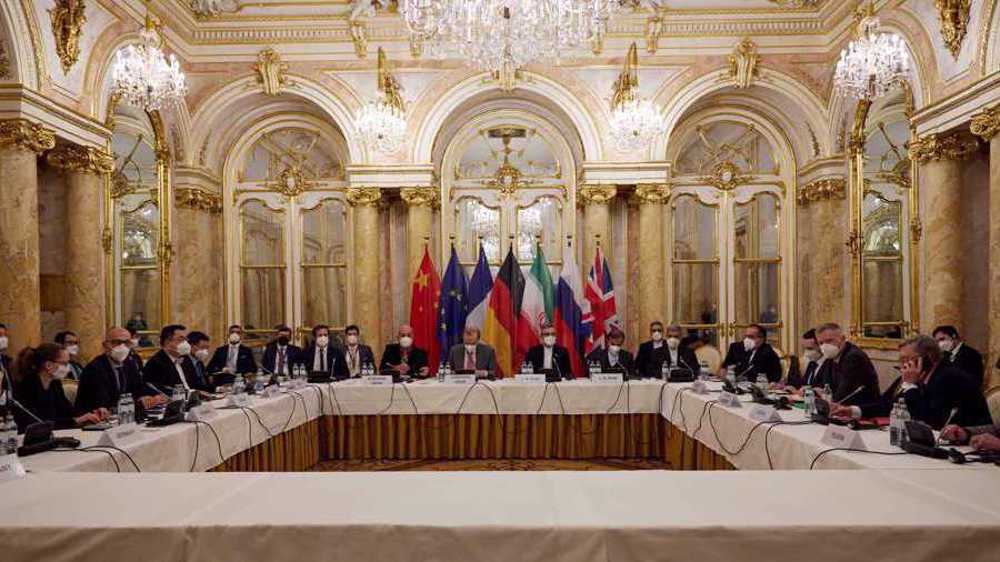
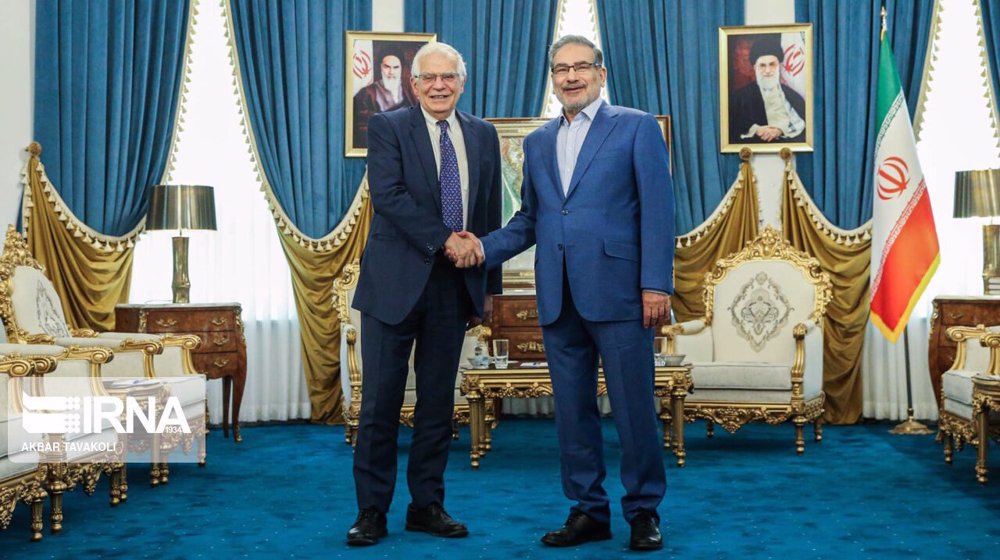

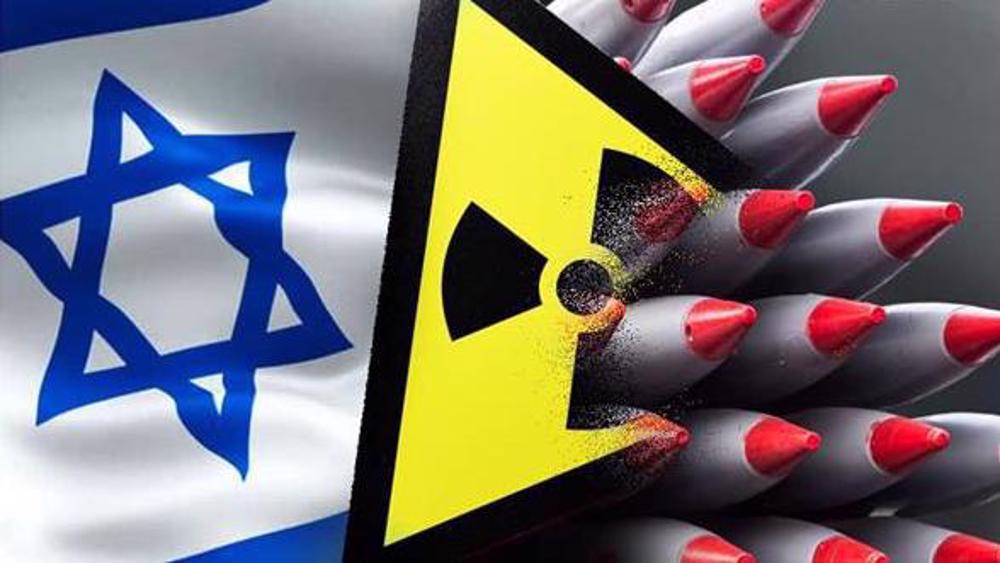

 This makes it easy to access the Press TV website
This makes it easy to access the Press TV website